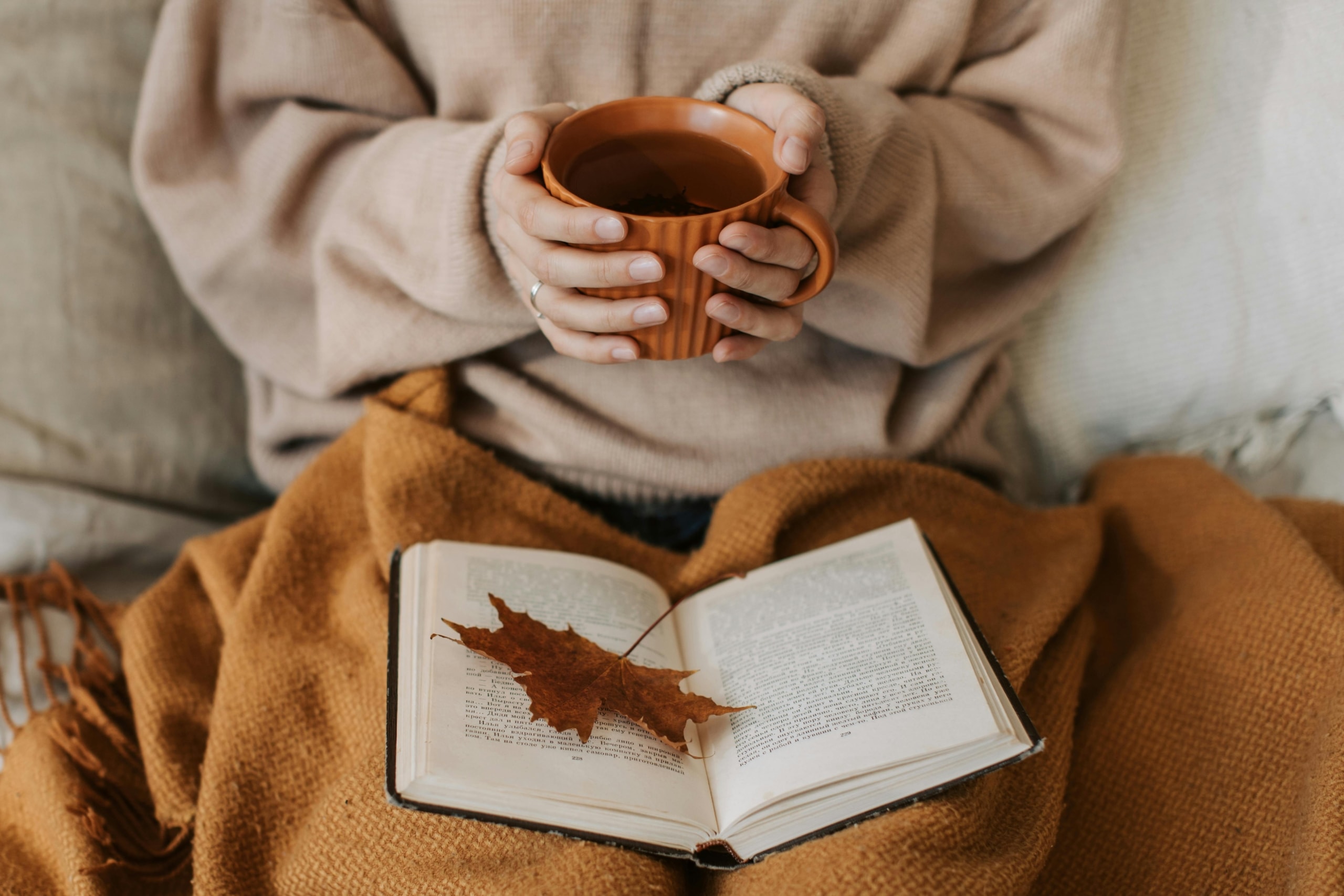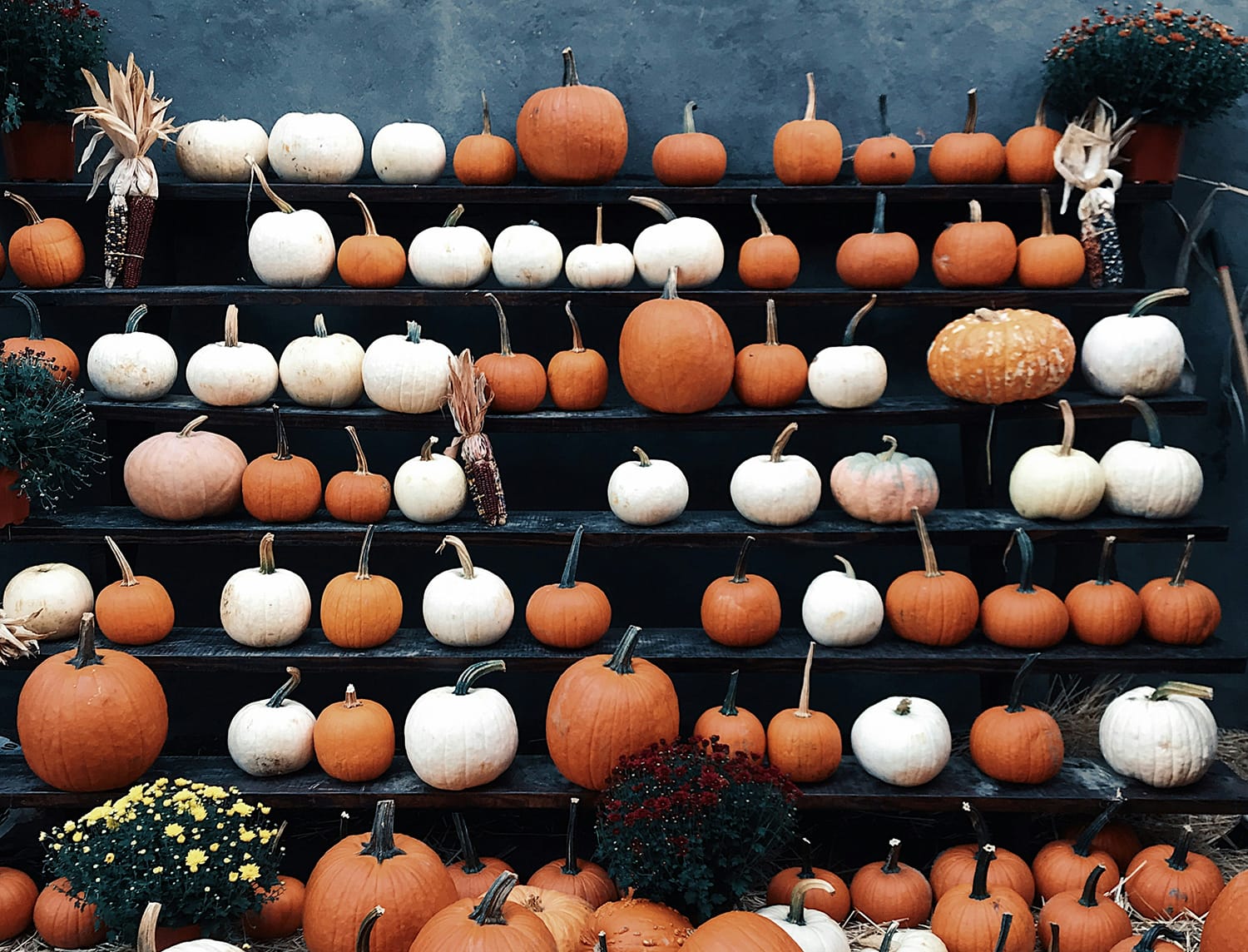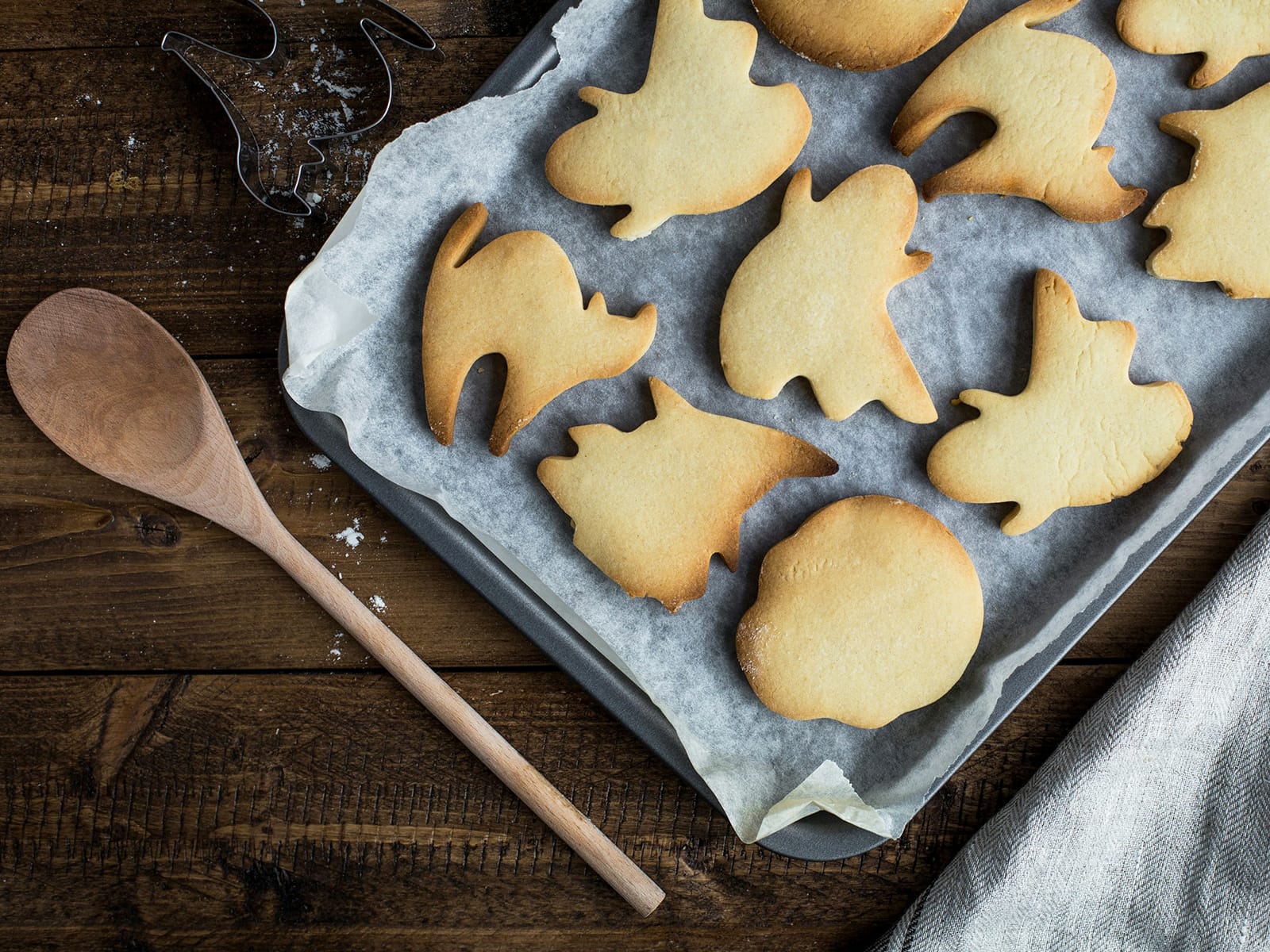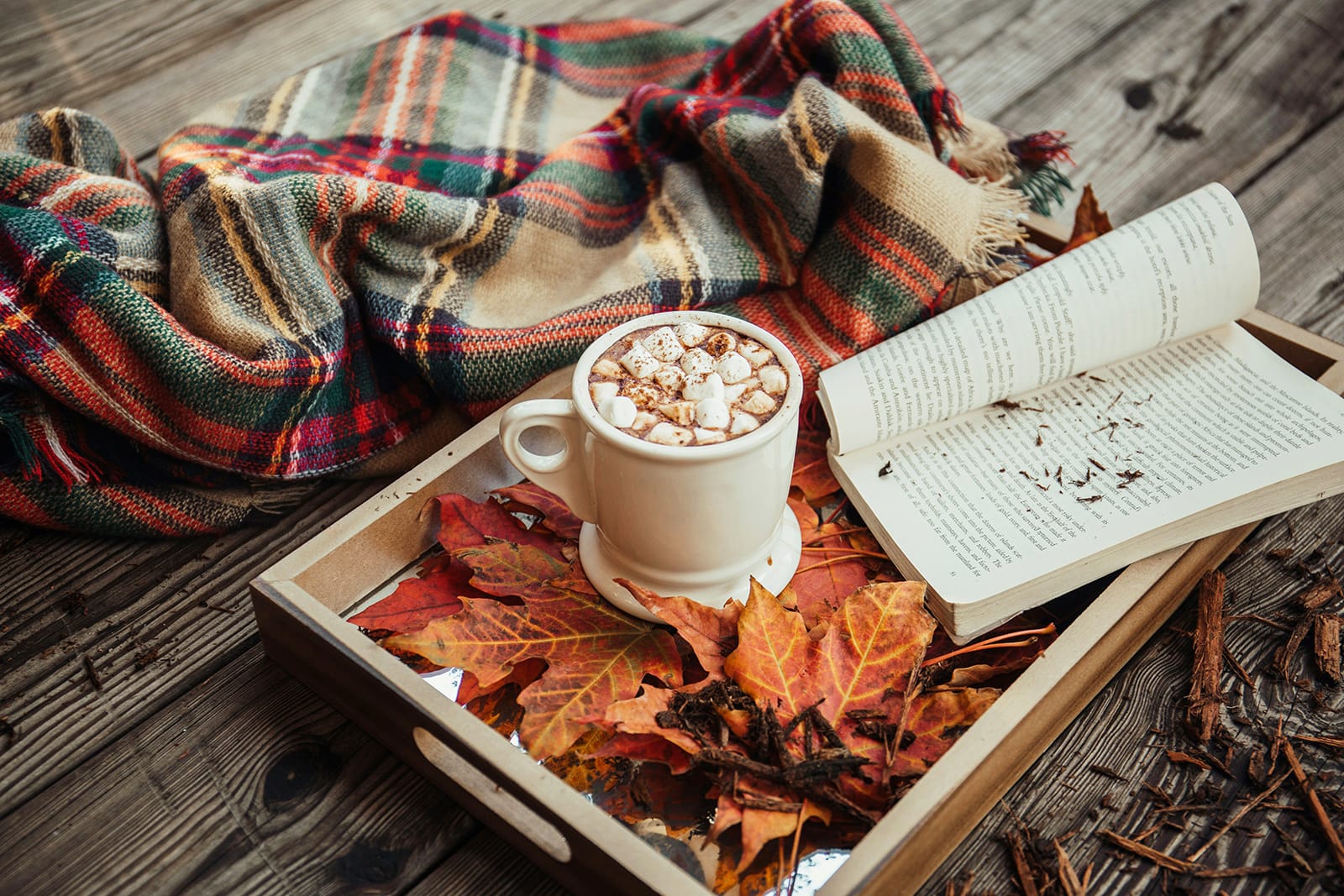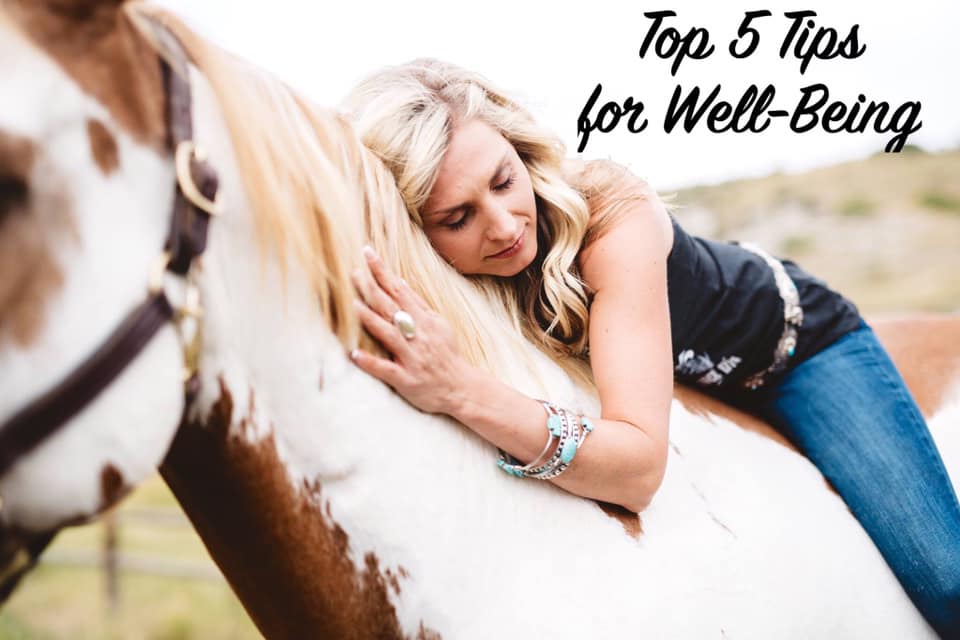Three Yoga Poses to Calm the Nervous System
These 3 poses — Child’s Pose, Legs Up the Wall Pose, and Crocodile Pose are excellent ways to calm the nervous system. Child’s Pose gently stretches the body and promotes mindfulness, Legs Up the Wall helps boost circulation and ease stress, and Crocodile Pose encourages full-body relaxation and emotional release. They invite deep breathing and activate the parasympathetic nervous system, effortlessly melting away tension and anxiety. Together, they offer a simple yet powerful way to reconnect with yourself.
Ready to experience their calming benefits?
Below is the step-by-step guide on how to practice Child’s Pose, Legs Up the Wall Pose, and Crocodile Pose.
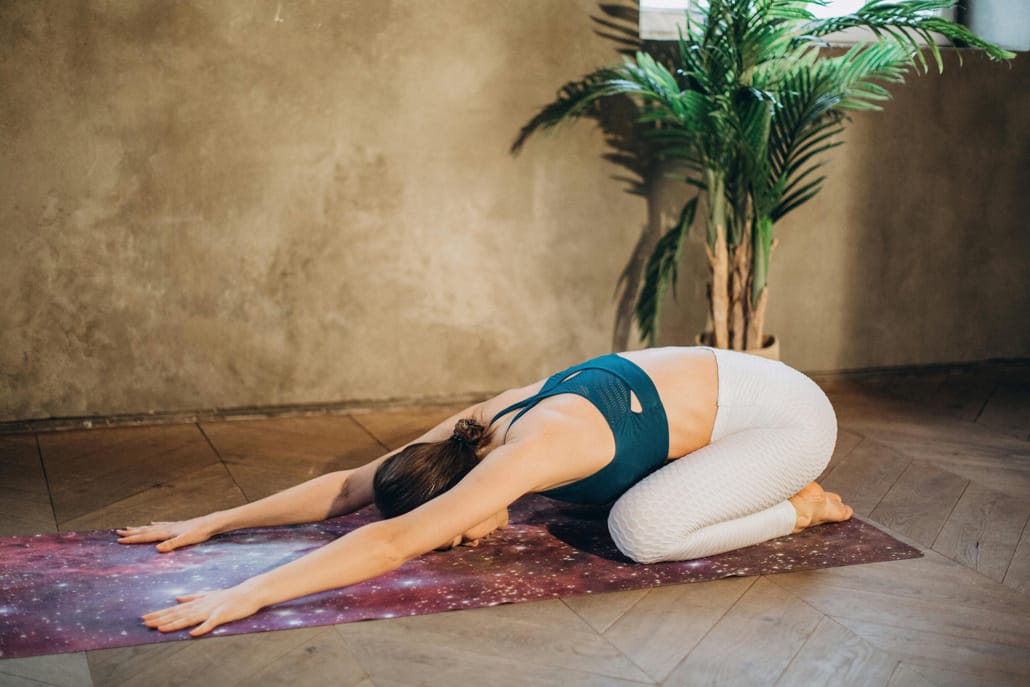
Child’s Pose (Balasana)
1. Begin on your hands and knees in a tabletop position.
2. Spread your knees wide apart while keeping your big toes touching.
3. Sit your hips back toward your heels. If needed, use a cushion for support.
4. Exhale and lower your torso between your thighs, resting your forehead on the mat.
5. Stretch your arms in front or let them rest alongside your body, palms up.
6. Close your eyes, relax your jaw, and take deep breaths, sinking deeper into the pose.
7. Stay for 30 seconds to a few minutes, focusing on your breath.
8. Walk your hands back and lift your torso to return to a seated or tabletop position.
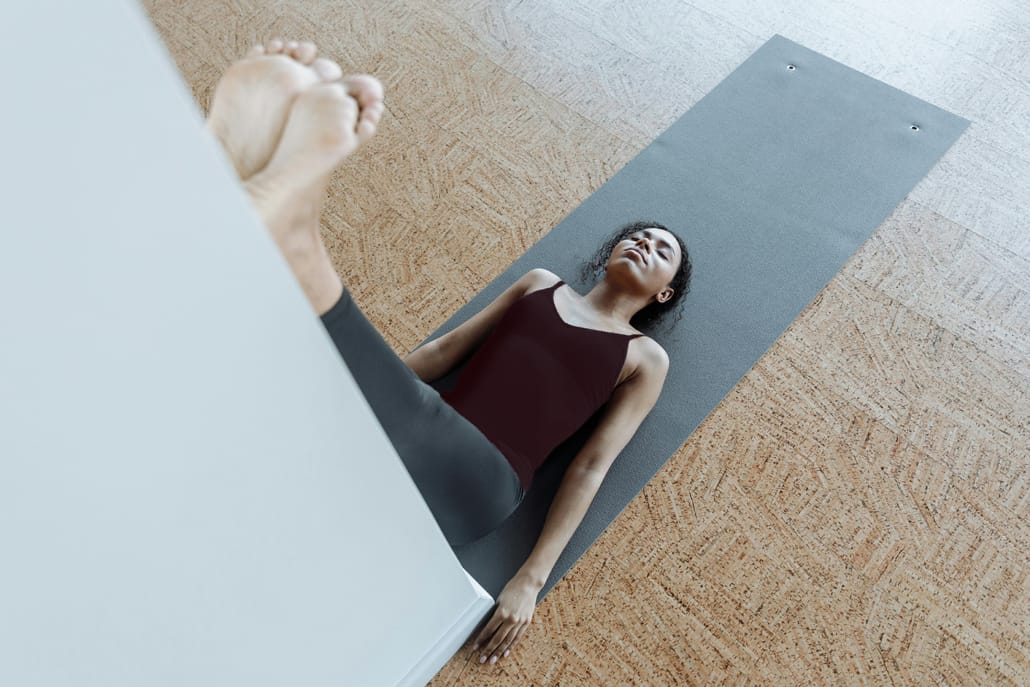
Legs Up the Wall Pose (Viparita Karani)
1. Sit next to a wall, with one side of your body against it.
2. Gently lower your back to the ground while swinging your legs up the wall.
3. Your hips should be as close to the wall as comfortable; you can use a folded blanket under your hips for support.
4. Keep your legs straight and relaxed against the wall, with your arms resting at your sides or overhead.
5. Close your eyes and breathe deeply, allowing your body to relax into the pose.
6. Stay for 5 to 10 minutes, focusing on your breath and letting go of tension.
7 .Bend your knees and roll to one side before slowly coming back up to a seated position.
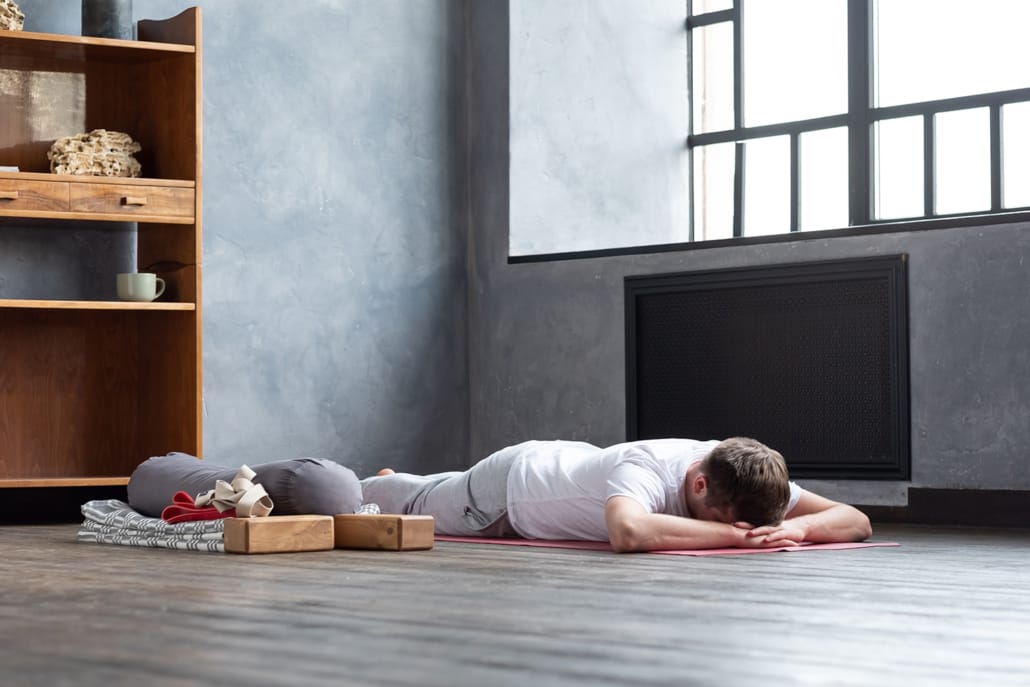
Crocodile Pose (Makarasana)
1. Start by lying face down on your yoga mat.
2. Keep your legs extended straight back, with your feet hip-width apart and toes pointing outwards.
3. Bend your elbows and place your forearms on the mat, creating a cushion for your head. Your palms can touch or rest side by side.
4. Rest your forehead on your arms, allowing your neck and spine to relax.
5. Close your eyes and take slow, deep breaths, focusing on relaxing your entire body.
6. Stay in this position for 5 to 15 minutes, letting tension melt away.
7. Gently lift your head, lower your arms, and roll onto your side before slowly rising to a seated position.

